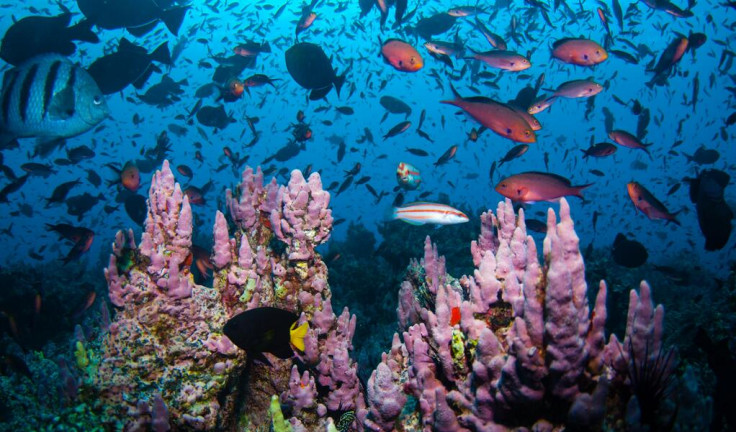What are microbeads and why is Greenpeace calling for a UK ban on them?

The campaign to ban microbeads is gaining traction, with figures from Greenpeace showing two thirds of the UK's population favours such a move. The tiny pieces of plastic, which are found in many products – including exfoliating face washes and toothpastes – are already banned for use in personal care products in the US due to the environmental damage they cause.
Because the pieces of plastic are so small, they cannot be filtered and end up being washed into the sea, where they harm marine life.
However, the survey carried out by Censuswide also showed that the majority of people questioned were unaware of what microbeads are, with 4% claiming they thought microbeads were sex toys, and a total of 68% saying they had not heard of them prior to the survey.
According to Greenpeace: "Microbeads are tiny, and may seem harmless, but 100,000 microbeads are washed down the sink with the single application of some products, ending up in the sea, up the food chain.
"New scientific research is continuing to find more and more examples of plastic inside all kinds of sealife. But it's not just marine life, a recent study showed that 90% of birds have plastic in their stomachs too. Microbeads end up in humans through toothpaste and if you eat seafood, that has ingested microplastics and the toxins that come with them."
An online petition from Greenpeace urging the UK government to ban the use of microbeads currently has more than 261,000 signatures.
The charity added that the problem of plastic being dumped in the sea could be partially solved by banning the use of microbeads, following the example of the US, which has outlawed their use in cosmetics and personal care products from July 2017.
Canada and several European countries are reportedly also considering a ban on the products, and the Greenpeace survey, which asked 1,000 people whether they supported a ban, shows support for a change in UK law.
The government is also reportedly looking into the use of microbeads and effect they have on the environment, but many companies are taking matters into their own hands and phasing out the use of the plastics.
© Copyright IBTimes 2025. All rights reserved.






















